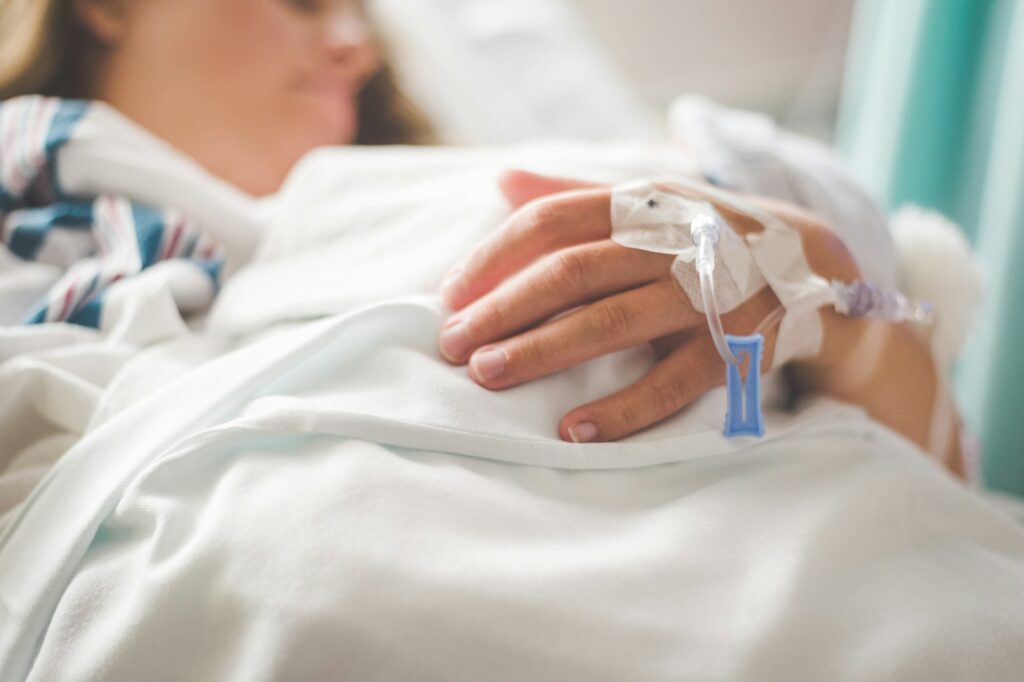One of the first big studies to expose such findings, researchers have found taking the ‘mini pill’ carries a small risk of developing breast cancer.
The study, published in the PLOS Medicine online journal this week, discovered using progestogen-only hormonal contraceptives, including the oral ‘mini pill’, implant, injectable and intra-uterine device, is associated with a 20-30% higher chance of developing the disease.
Earlier research found that taking the combined contraceptive pill – commonly known as ‘the pill’ – which includes oestrogen and progestogen hormones, is associated with a small rise in the risk of getting breast cancer that reduces after stopping its use.
However, the pills protect against other types of female cancer. Women who take hormonal contraceptives have a lower risk of womb and ovarian cancer, the researchers – from Oxford University – claim.
After uncovering these facts, experts are asking women to weigh up all pros and cons.
The data, collected by the Clinical Practice Research Datalink (CPRD), was analysed from 9,498 women who developed invasive breast cancer between the ages of 20 and 49.
Additionally, experts examined data from 18,171 women who had taken a contraceptive pill without breast cancer.
They unveiled that 44% of women with breast cancer and 39% of women without breast cancer who were included in the study had a prescription for a hormonal contraceptive an average of three years before diagnosis – around half of these women were last prescribed a progestogen-only contraceptive.
Researchers combined the CPRD results on oral contraceptive use with those from other previously published studies to estimate absolute excess risk.
Kirstin Pirie, from Oxford Population Health and one of the Lead Authors of the study, said: ‘Given that a person’s underlying risk of developing breast cancer increases with advancing age, the absolute excess risk of breast cancer associated with either type of oral contraceptive will be smaller in women who use it at younger ages.
‘These excess risks, must, however, be viewed in the context of the well-established benefits of contraceptive use in women’s reproductive years.’
According to data from Statista, over 1.9 million women in England contacted NHS sexual and reproductive health services for contraceptive reasons in 2020/21, and women that are aged between 16-17 are more likely to use a contraceptive pill.
The data shows that from 2021-22 56% of women in England aged between 16-17 were using the pill and 32% of women aged 45 and over.
Dr Kotryna Temcinaite, from the charity Breast Cancer Now, said if women stop taking contraceptive pills that contain progestogen and oestrogen ‘this added risk of breast cancer reduces over time.’
She added: ‘Breast cancer is rare in young women. A slight increase in risk during the time a woman uses hormonal contraceptive means only a small number of extra cases of the disease are diagnosed.’
Image: Reproductive Health Supplies Coalition

















Leave a Reply